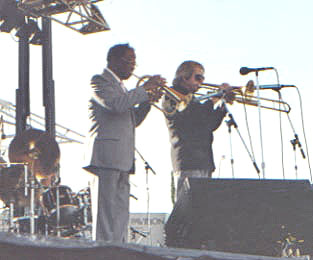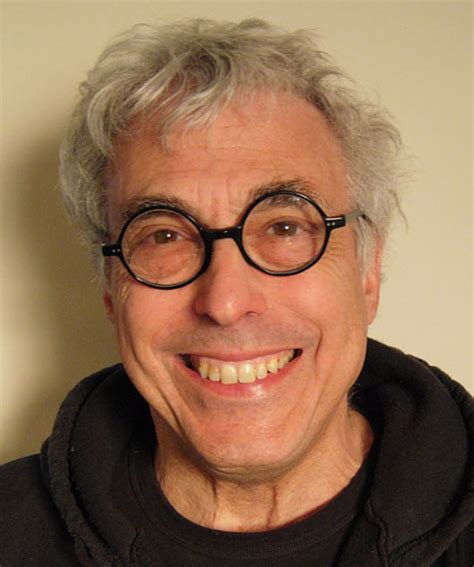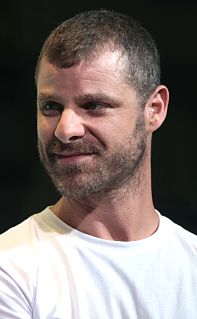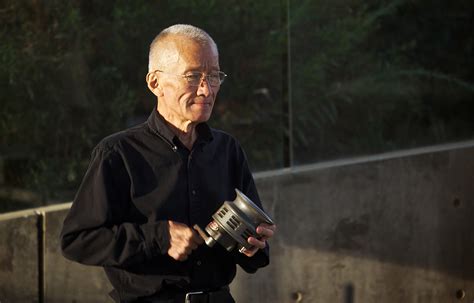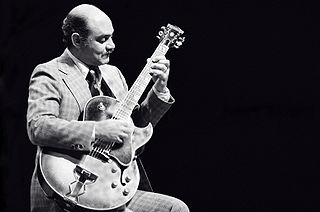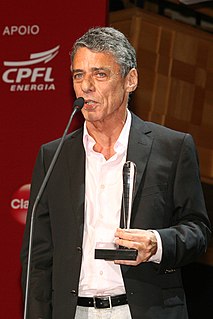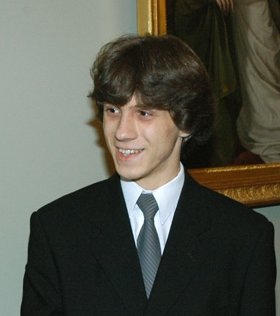A Quote by Sergei Rachmaninoff
The virtuosos look to the students of the world to do their share in the education of the great musical public. Do not waste your time with music that is trite or ignoble. Life is too short to spend it wandering in the barren Saharas of musical trash.
Related Quotes
Public education for some time has been heavily focused on what curricula we believe will be helpful to students. Life-Enriching Education is based on the premise that the relationship between teachers and students, the relationships of students with one another, and the relationships of students to what they are learning are equally important in preparing students for the future.
You can't think and play. If you think about what you're playing the playing becomes stilted. You have to just focus on the music I feel, concenctrate on the music, focus on what you're playing and let the playing come out. Once you start thinking about doing this or doing that, it's not good. What you are doing is like a language. You have a whole collection of musical ideas and thoughts that you've accumulated through your musical history plus all the musical history of the whole world and it's all in your subconscious and you draw upon it when you play
My feeling about young people who want to pursue a career is - the first thing is do your homework on where it all started. Go back and look at history. Look at why the shows you are loving today happened and the artists you are listening to happened. And do your homework on history. Whether it's musical movies, musical plays, Broadway musical recordings - do your homework! And then, that way you will have an understanding of why, now, certain movies, certain plays, certain musicals are making some sort of sense.

